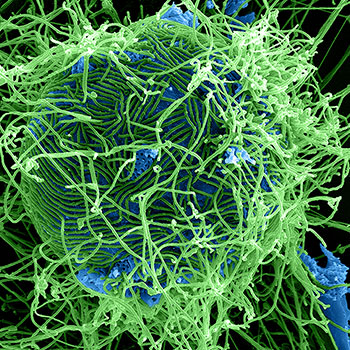How do you find molecular weight?
1 Answer
Typically using one of three different approaches as shown below.
Explanation:
There are three approaches you can take to finding the molecular weight of a compound.
1. Look up the molecular weight in molecular weight tables
Some textbooks may have a list of molecular weights at the back or in the front. There are also books of molecular weights for compounds available.
2. Asking Google
Google is pretty good at providing the molecular weight of a compounds (note: it doesn't work for all compounds). For example, just type in "molecular weight of NaCl" (you don't need quotes when you type this into Google) and your top hit will be shown as:
This is the link for the search.
3. Calculating it from the constituent elements
Using the example above of NaCl I would look up the atomic weight of sodium: 22.9898 g/mol; and the atomic weight of chlorine 35.453 g/mol using a table of atomic weights, a periodic table, or Google.
To calculate the molecular weight of sodium chloride I would just add these two numbers together:
22.9898 + 35.453 = 58.44 g/mol
which agrees with the number provided earlier by my search of Google.
An example of this with a more complicated molecule –
Atomic weight of Na: 22.9898 g/mol
Atomic weight of H: 1.00794 g/mol
Atomic weight of P: 30.973762 g/mol
Atomic weight of 0: 15.9994 g/mol
Hence,
22.9898 + (2 x 1.00794) + 30.973762 + (4 x 15.9994) = 119.977 g/mol

